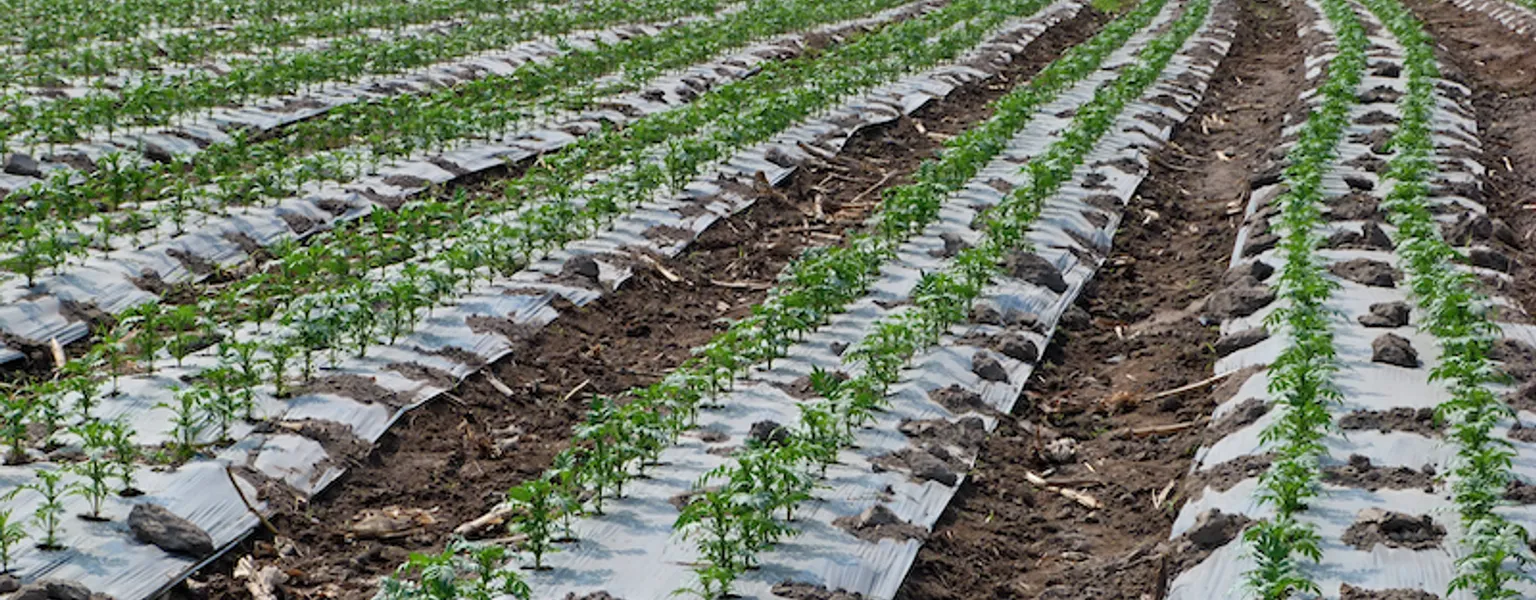Study challenges 'biodegradable' bioplastic claims

Sustainability
A recent study conducted by Wageningen University in the Netherlands has exposed a concerning reality regarding 'biodegradable' bioplastics, revealing that they linger in soil beyond the widely accepted two-year industry standard.
The research, which examined sediment samples from ditches surrounding agricultural fields, identified a staggering 3,000 microplastics per gram. This accumulation contradicts environmental standards and underscores the persistence of microplastics in the ecosystem.
The primary culprit behind this soil contamination is the use of plastic mulch, employed to warm the soil and prevent weed growth. Despite the development of biodegradable plant-based mulches intended to swiftly break down in soil, the study casts doubt on the efficacy of these claims.
Contrary to expectations, the study found elevated concentrations of microplastics derived from supposedly biodegradable plastic mulches that failed to degrade within the stipulated two-year period under field conditions, violating standard EN 17033.
The investigation, spanning eight flower farms in the Netherlands and eight coriander farms in Spain, unveiled 48 different types of microplastics across the samples. Of these, 61 percent were identified as fossil fuel-based, with the remaining 39 percent being bio-based.

Environmental advocates argue that the study raises serious concerns about the proclaimed biodegradability of bio-based plastics. In response, there is a growing call for stricter regulations to ensure the accuracy of environmental claims made by bioplastic manufacturers.
As the scientific community sheds light on the persistent nature of these so-called 'biodegradable' bioplastics, the study underscores the importance of scrutinising environmental claims and implementing measures to safeguard agricultural lands from the unintended consequences of plastic use in farming practices.
Read the study here.
Related News
-
Sustainability
University of Washington develops biodegradable plastic for backyard composting
-
Sustainability
Bio-D introduces reusable bottles crafted from post-consumer recycled plastic
-
Sustainability
Researchers turn black soldier flies into degradable bioplastics
-
Sustainability
University of Queensland unveils seawater-degradable plastic breakthrough
-
Supplier News
Tentoma 100% sealed waste bale packaging




